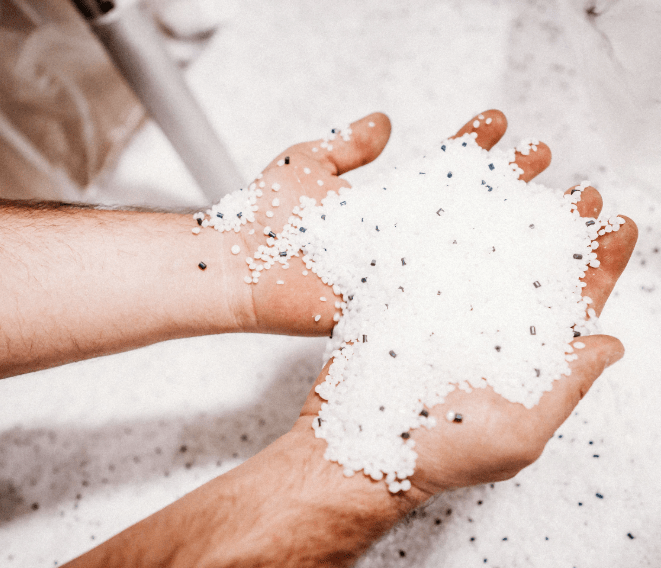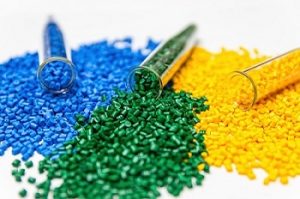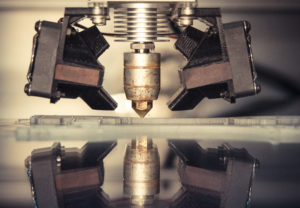With nearly 120 years of history behind it, plastic has solidified its place in history as one of the world’s most important and widely used materials. The versatility, lighter weights and continuing innovation found within the plastics industry, combined with manufacturing at grand scales, means many businesses choose to make parts in plastic. However, there are some sustainability challenges with plastic manufacturing that have only grown more apparent in recent decades.
The environmental impact of post-consumer plastic waste is well-documented, and the drive to reduce waste is an ongoing industry-wide effort. Today, sustainability is a genuine concern for plastics manufacturers. New trends continue to develop in this space that can have positive impacts throughout the supply chain.
So, what’s new in the world of plastics and sustainability?
New Plastic Materials Are Growing in Acceptance
The materials science backing the field of plastics manufacturing is far from static. On the contrary, it is a lively area of exploration, and new, more sustainable plastics are currently undergoing research. Some plastic materials recovered through recycling are also becoming more useful in second or third production runs, and there is also ongoing research into end-of-life uses for plastics. Businesses that partner with manufacturers who understand how to work with post-consumer content can tap into sustainable practices and cost savings.
Circularity Has Become More Than a Buzzword
The “circular economy” aims to eliminate the environmental exit point for many plastics, which otherwise end up in landfills or unrecycled. In part, this has required intensive research into better recycling methods, as plastics degrade with repeated reuse. However, many manufacturers today can set up highly circularized production runs that translate into finished products which either use recycled content or which can easily undergo recycling after first use.
Reinforced and Lighter-Weight Materials Will Come to Dominate
One key element in the growing push for sustainability in plastic manufacturingis an effort to reduce the amount of plastic that enters the waste stream in the first place. By using materials that are more durable and longer-lasting, more components made from plastic can last longer. As a result, clients benefit from lighter and stronger parts that don’t require frequent replacement.
Visible Sustainability Efforts Will Matter More
Much of the work for sustainability takes place behind the scenes. However, visible environmental efforts from both manufacturers and the businesses who offer the finished products are often a selling point. Advertising the use of recycled and sustainable materials raises the profile of the business. It creates positive brand impressions while at the same time providing tangible benefits for the company otherwise. Investing in sustainability is, therefore, a wise decision.
Finding a Cutting-Edge Manufacturer to Use
For businesses investigating solutions for manufacturing new parts and components, an investment in sustainability from the start can translate into both savings and improvements in the finished product. At Reliant Plastics, we continue to monitor the ongoing changes within the injection molding industry and we provide our clients with a cutting-edge resource as a sustainable plastic manufacturer. Learn more about our capabilities and these processes today.




